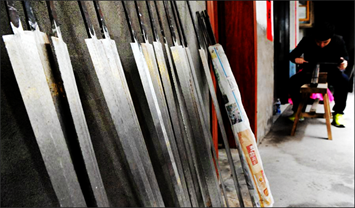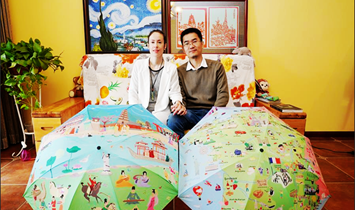For Malaysian businessman Lee Kwok Yat, China offers the best of both worlds which affordable tuition fees and good quality education.
The 53-year-old businessman’s daughter is studying to be a doctor at Wuhan University.
“When you first talk about China, TCM (Traditional Chinese Medicine) comes to mind. But when I found out that they also offer courses in medicine in English, I was very pleased.” he said.
“In Malaysia, if you want to go to a public university, it's very, very difficult. And to study in a private medical school will easily cost RM500,000 (US$128,000). So I think its too much for me.”
Mr Lee said total expenses for his daughter’s studies in China come to slightly over RM200,000, less than half the cost if she had stayed in Malaysia.
“Right now there are 45 universities in China that offer spots for international students. Over 3,000 spots are reserved for international students per year for medical courses. (There is a) good chance to get admitted.” he said, adding that in comparison there are only a few hundred spots for medicine courses in Malaysia’s public universities.
At least a fifth of degree programmes in each of China’s top 150 universities are taught entirely in English. And these include popular courses in business, medicine and engineering, targeted at foreign students.
The formula worked. China is now the world’s third most popular destination for higher education, after the UK and the US.
For the Chinese universities, having a bigger foreign student population improves their global reputation and rankings. More subject courses taught in China made it to the world’s best 50 list on the often cited global QS university rankings.
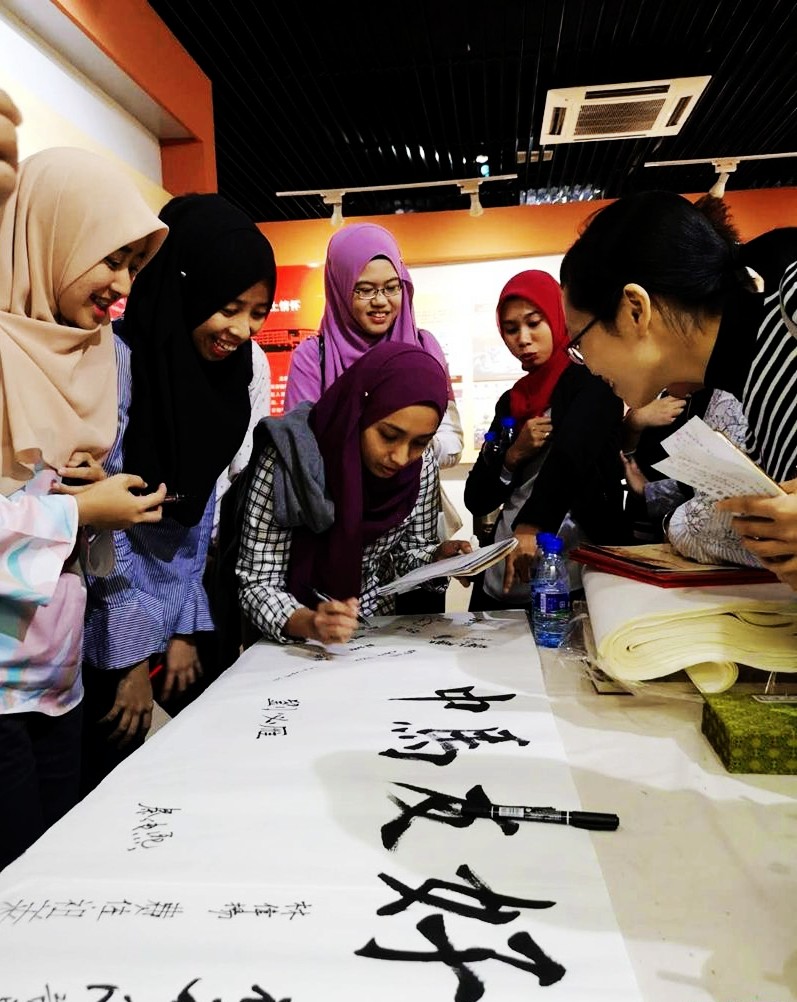
However, more may not necessarily mean better. The US and UK still dominate the top spots in global rankings for best courses in business, engineering and medicine and for their research capabilities and results.
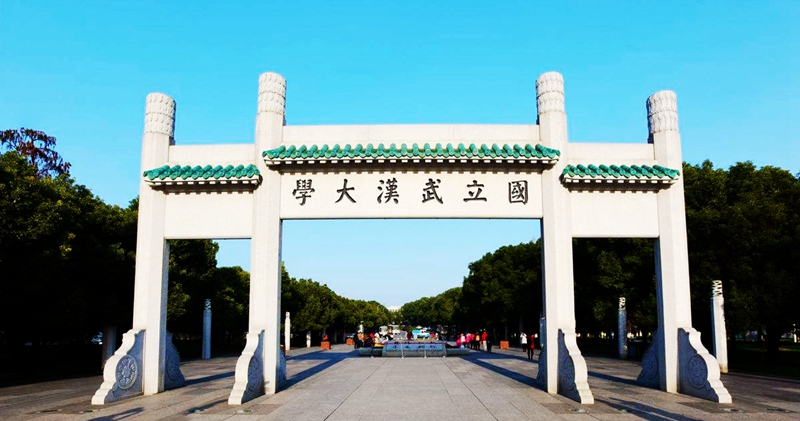
“Institutions in the west enjoy a lot of free play in the areas they want to do research in (and) in distribution of funds.” said Lucian Koh from Singapore Success Stories. "But in Chinese universities, they’re limited. (And) very much dictated by the government,” he added.
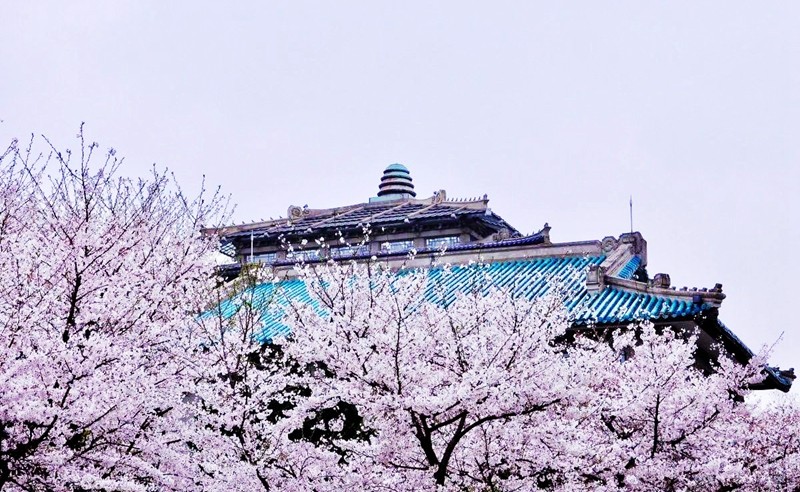
olene moved to Shanghai last September after receiving an all-expenses paid scholarship to do a two-year masters in international politics at Fudan University. The Bruneian government scholar had obtained a bachelor’s degree in politics and international relations at the University of Bath in the UK.
Even though she was disappointed at the restriction, Jolene said she was still appreciative of what the programme offers, such as workshops with students from Korea and Japan. And at the end of the day, she said she came for the full China experience.
“It’s good to have some eastern oriental view points to balance my western bias,” she said, “I take this as an opportunity for me to learn new aspect(s) of life, as well as to prove to people that you don’t necessarily have to go to the west to enjoy quality, academic experiences, or even to learn something new.”
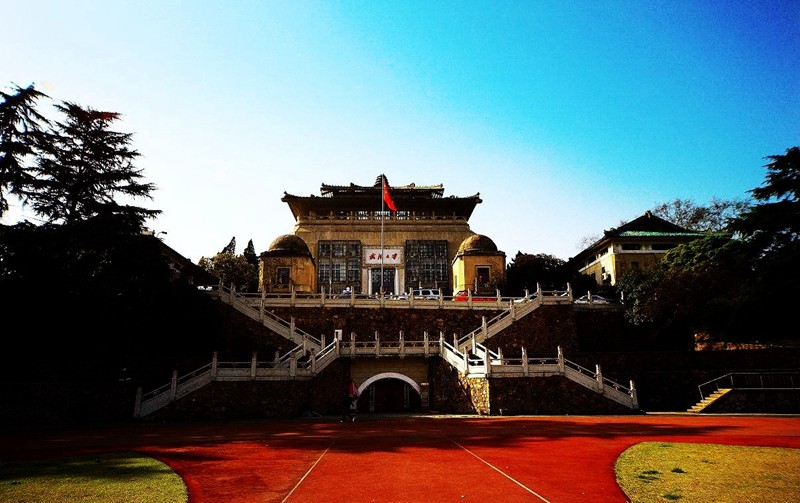
After all, Jolene receives the best education China can offer. Fudan is one of the country’s top five universities and is number seven on Asia’s top ten list for 2018.
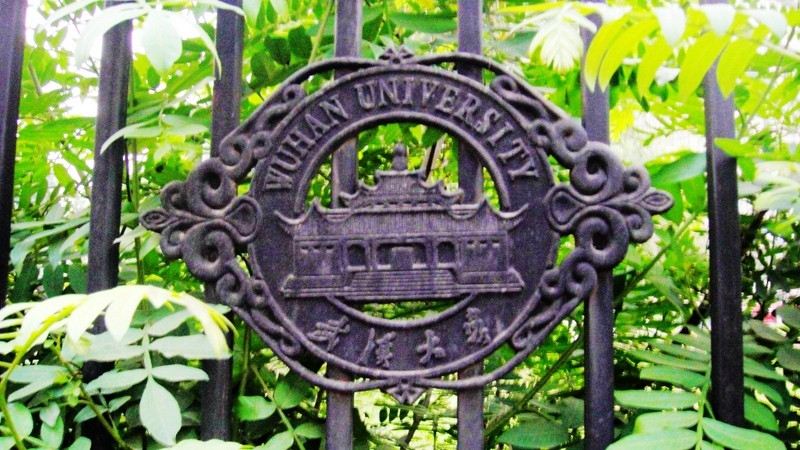
But being in the company of China’s most outstanding and competitive students can prove to be quite intense.
“No one in the world can compare with students in China. They are really (intense) in studying,” said Myanmar student Ko Ko Kyaw.
“It’s highly stressful. From when they were young until the national entrance (level), they have been studying and studying. They’re always studying even at university.”
Malaysian Oh Jing En, 22, who studies Radio and Television at Fudan University, told Channel NewsAsia that she takes the competition in her stride.
“Most Chinese students take their studies very seriously. They approach teachers after class on their own and are able to handle stress well during exams.”
Indonesian Kevin P Tenggario, who is majoring in Economics at Fudan University, said the pressure only makes him want to work harder.
“Even though teachers sometimes tell us not to compare with the Chinese students, but being in the same course, we still want to work harder and spend more time learning.”
 丝路来华(北京)教育科技有限公司
丝路来华(北京)教育科技有限公司 Array
Array
 English
English Deutsch
Deutsch Tiếng Việt
Tiếng Việt 한국
한국 ภาษาไทย
ภาษาไทย Pусский
Pусский Español
Español Français
Français 中文简体
中文简体